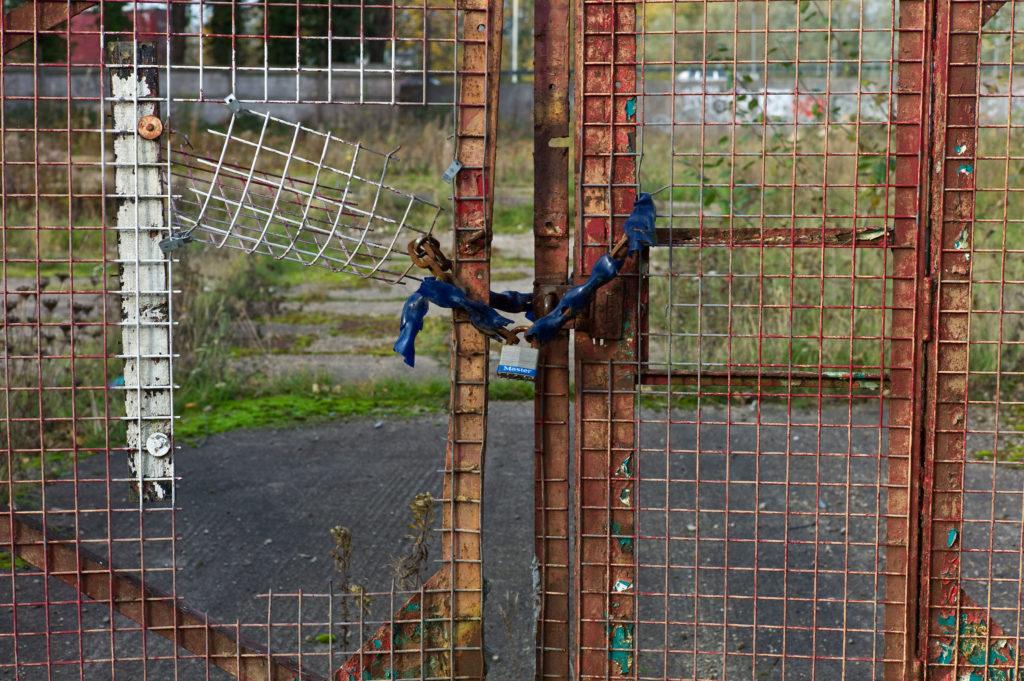By Xiu Ying, Contributing Reporter
RIO DE JANEIRO, BRAZIL – According to a survey by economist Vitor Vidal Velho, of LCA Consultores, almost five years after the onset of recession in the second quarter of 2014, Brazilian Gross Domestic Product (GDP) is still 5.1 percent below the pre-recession level.

This level is 11.7 percent lower than what was observed around the world after periods in which the economy moved backward.
On average, after a recession, countries take three years to get back to square one and make up for the lost time.
But, according to the study, if projections for a 1.3 percent GDP growth market are confirmed this year – and assuming a 2.5 percent improvement in following years, the country will only return in 2021 to the level where it was before the recession, seven years later.
Ninety-one previous recession periods over 22 years were considered in the comparison with 41 countries, such as Chile, Colombia, South Africa, Turkey, and Japan.
The study also examines the pace of economic recovery in Brazil over different periods. The FGV’s Economic Cyclical Data Committee (Codace), in charge of officially defining the beginning and end of a recession, has been chronologically reporting every quarter in Brazil since 1980.
Over these nearly four decades, the country has faced nine periods of declining GDP – the smallest for two quarters and the largest and most recent for 11 quarters.
According to the LCA survey, in recent decades, Brazil’s economic rebound has been faster.
Although Brazil is currently over 5 percent behind where it was before the recession, in the 1980s the economy had already grown by 2.2 percent, in the 1990s by 9.4 percent, and in the following decade by 18 percent, five years after it collapsed.
The current stagnation, according to Vidal, has been more persistent and difficult to reverse due to political and economic uncertainty, the recent collapse of Argentina – which affects Brazilian exports – and, above all, the uncertainty over the progress of measures to balance public accounts, such as the Social Security reform.

